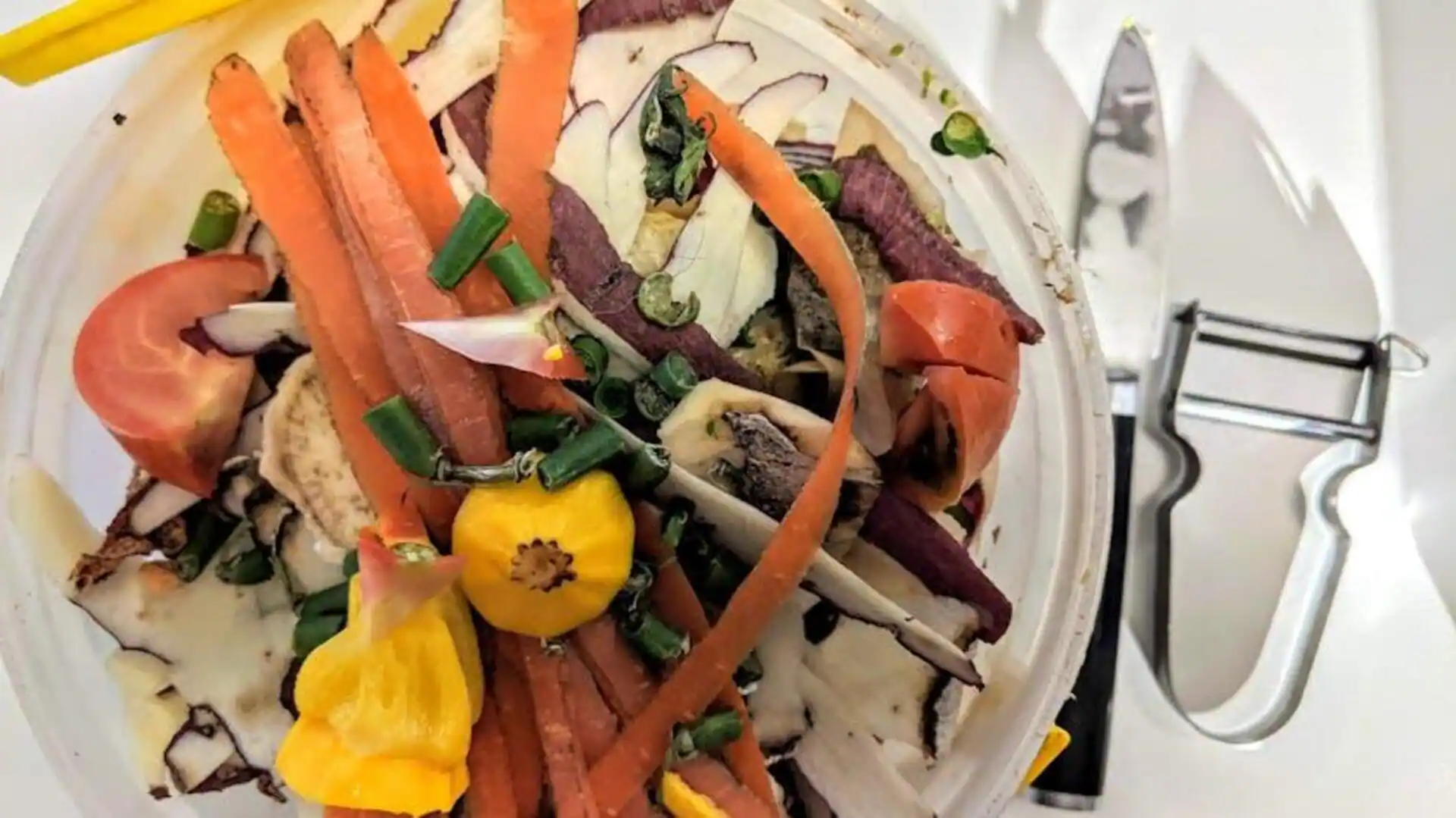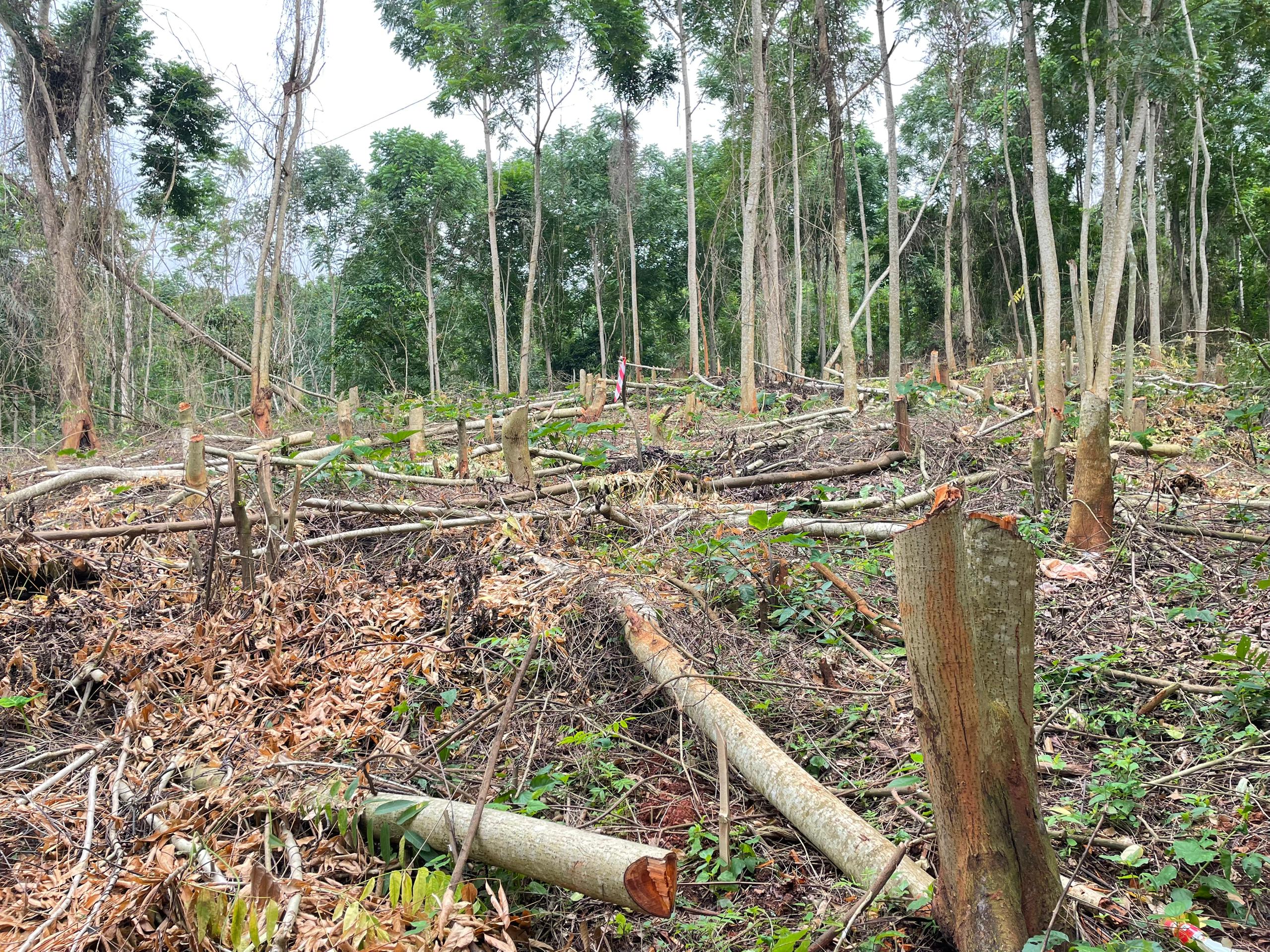By Anujj Trehaan
Copyright newsbytesapp

Reviving your garden with leftover fruit and vegetable scraps is an eco-friendly way to enrich the soil and cut down on waste. By repurposing these kitchen remnants, you can enhance plant growth without shelling out extra money on fertilizers. This technique not only assists sustainable gardening practices but also contributes to a healthy ecosystem in your backyard. Here are some practical tips to transform your garden using everyday kitchen scraps. Composting is an easy process that converts organic waste into nutrient-rich soil. Gather fruit peels, vegetable scraps, and coffee grounds in a compost bin/pile. With time, these get decomposed into humus, enhancing soil structure and fertility. Keep the compost pile moist and regularly turned to hasten decomposition. This natural fertilizer can enhance plant health immensely by supplying them with essential nutrients. Banana peels are packed with potassium, essential for plants to grow. Instead of throwing them away, bury banana peels around plant bases or blend them with water to prepare a liquid fertilizer. This can boost flowering and fruiting while ensuring robust root growth. The gradual release of nutrients from banana peels ensures plants get a steady supply over time. Crushed shells can also work wonders as a pest deterrent in your garden. Scatter crushed shells around plants to keep slugs and snails at bay, thanks to their sharp edges. Further, shells also add calcium to the soil when they break down, preventing blossom end rot in tomatoes and peppers. Rinse shells before using them to not attract unwanted pests. Coffee grounds are excellent for acid-loving plants such as roses, azaleas, and blueberries owing to their mildly acidic nature. Simply sprinkle used coffee grounds around these plants, or mix them into the soil, to improve drainage and aeration while adding nitrogen content. Plus, coffee grounds also attract earthworms that improve soil quality further through their natural tunneling activities. Citrus peels are nitrogen-rich and contain other important nutrients that promote plant growth. When they decompose well in compost piles or are buried directly under mulch layers, the peels deliver trees and shrubs with the additional nutrients they need in the upcoming growing seasons. This way, plants get the balanced diet of nutrients they need to grow and stay healthy.



